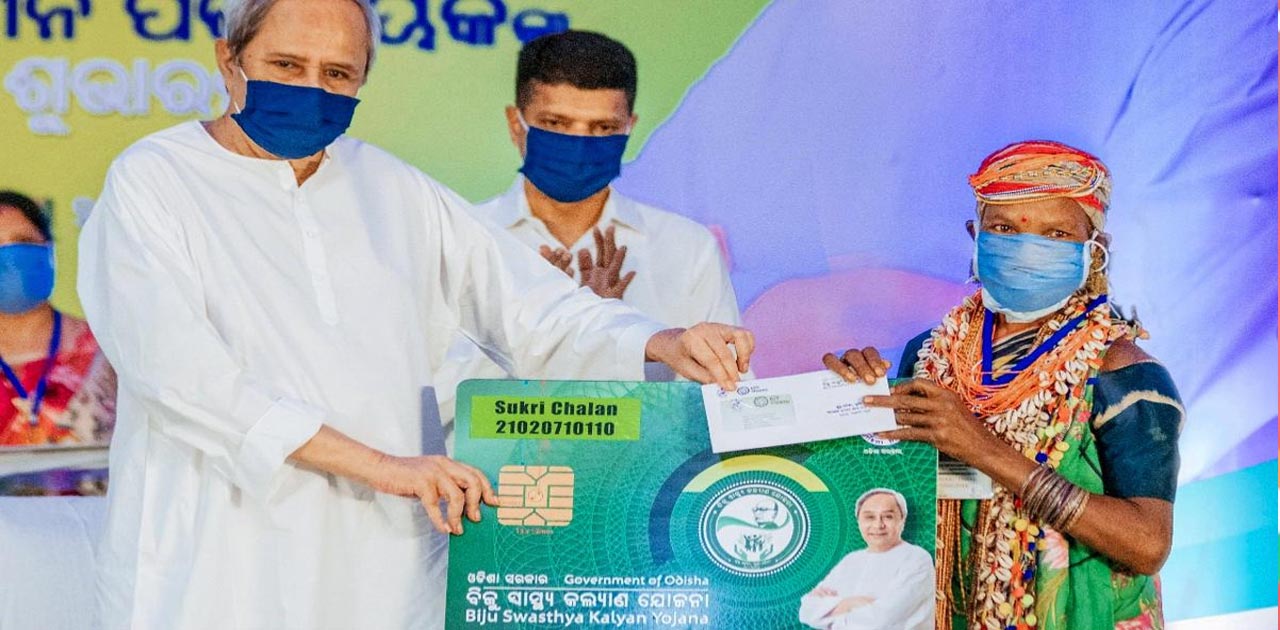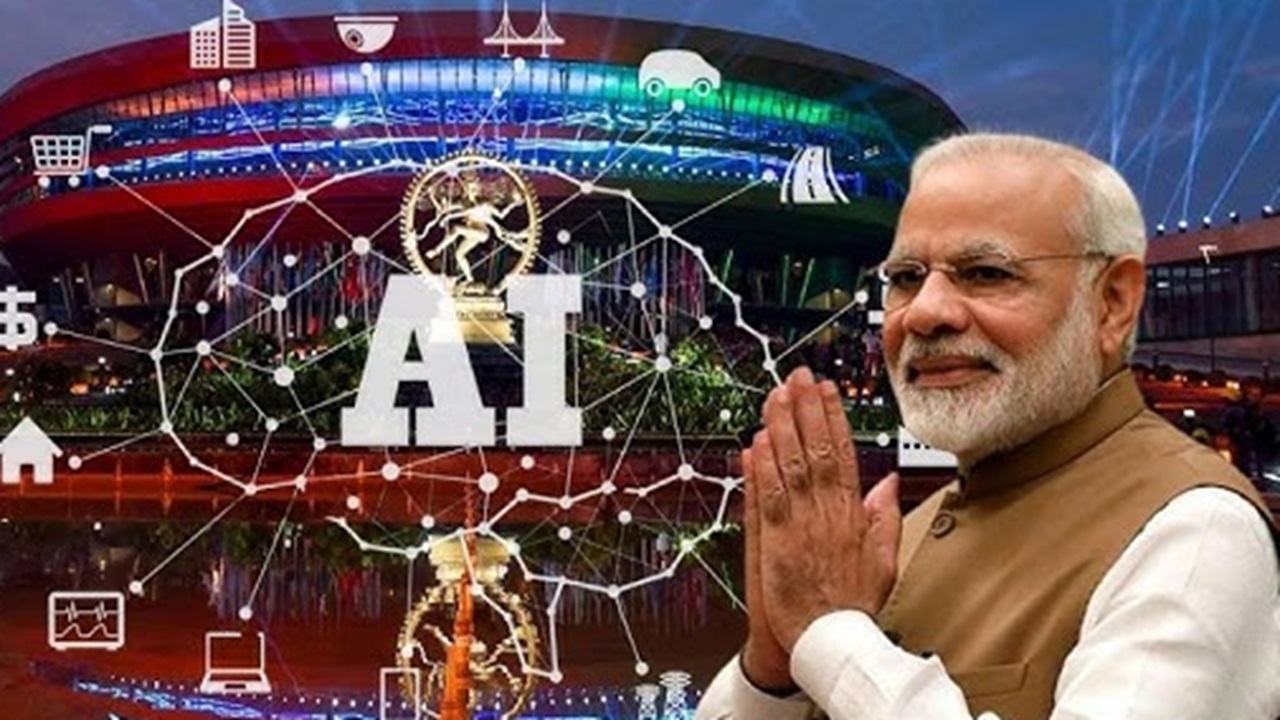- Chief Minister Naveen Patnaik unveiled the Biju Swasthya Kalyan Yojana (BSKY) Nabin Card across the state.
- This initiative aims to extend vital medical support to rural families previously uncovered by the scheme.
- The scheme targets all rural households not currently encompassed by BSKY or Ration Cards, excluding regular government employees, government pensioners, and income taxpayers.
- Under the BSKY Nabin Card, beneficiaries gain access to cashless treatment for a range of critical ailments such as heart diseases, kidney diseases, cancer, and more.
- The Biju Swasthya Kalyan Yojana has already extended coverage to over one crore families in the state, a significant stride towards ensuring comprehensive healthcare access.
- In a testament to its impact, 130,000 beneficiaries currently receive treatment monthly across 816 registered private hospitals, with the state government bearing expenses exceeding Rs. 270 crores.
In a significant move towards enhancing healthcare accessibility, Chief Minister Naveen Patnaik unveiled the Biju Swasthya Kalyan Yojana (BSKY) Nabin Card across the state. This initiative aims to extend vital medical support to rural families previously uncovered by the scheme.
The distribution of the BSKY Nabin Card commenced immediately, with beneficiaries slated to avail themselves of its benefits starting from May 1. The scheme targets all rural households not currently encompassed by BSKY or Ration Cards, excluding regular government employees, government pensioners, and income taxpayers.
Under the BSKY Nabin Card, beneficiaries gain access to cashless treatment for a range of critical ailments such as heart diseases, kidney diseases, cancer, and more. Each family is entitled to cashless treatment worth Rs 5 lakh per annum, with an additional Rs 5 lakh allocated specifically for women members. This coverage extends to empanelled hospitals both within and outside Odisha, with private hospitals set to be included from May 1, 2024.
Chief Minister Patnaik emphasized the importance of a healthy society as the cornerstone of a prosperous nation. He reiterated his commitment to the well-being of Odisha’s populace, affirming that their happiness remains his priority.
The Biju Swasthya Kalyan Yojana has already extended coverage to over one crore families in the state, a significant stride towards ensuring comprehensive healthcare access. Notably, the scheme covers 80% of the state’s population, providing cashless medical benefits up to Rs. 10 lakhs for women and Rs. 5 lakhs for other family members.
In a testament to its impact, 130,000 beneficiaries currently receive treatment monthly across 816 registered private hospitals, with the state government bearing expenses exceeding Rs. 270 crores. Health and Family Welfare Minister Niranjan Pujari hailed the BSKY initiative as a historic decision, reflecting Chief Minister Patnaik’s unwavering dedication to public health.
Acknowledging the collaborative efforts of various departments, including Health and Family Welfare and Information Technology, Chairman Kartik Pandian underscored the government’s commitment to extending healthcare facilities to every individual. Plans are underway to include urban areas in the BSKY Nabin Card scheme shortly.
The initiative received widespread support during district visits, with rural communities expressing their need for inclusion. Responding to these concerns, Chief Minister Patnaik initiated the launch of the BSKY Nabin Card, ensuring equitable access to healthcare for all segments of society.
As the state marches forward in its healthcare journey, Commissioner-Cum-Secretary of Health and Family Welfare Department Shalini Pandit expressed gratitude for the swift implementation of the scheme, signaling a new era of healthcare inclusivity in Odisha.
(With inputs from agencies)








